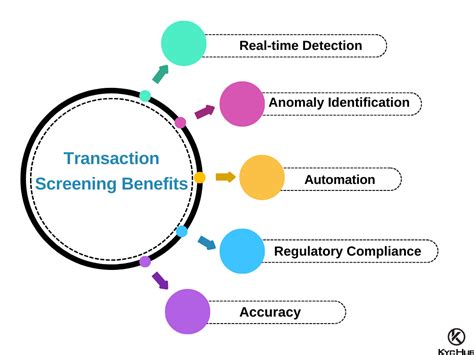the importance of transaction confirmation in blockchain
In the world of digital currencies, Blockchain Technology has revolutionized the way we think about transactions. At its core, blockchain is a decentralized, distributed ledger that records all transactions across a network of computers. But what makes this technology so effective? One crucial aspect that enables the smooth functioning of blockchain is transaction confirmation.
What is transaction confirmation in blockchain?
Transaction confirmation referers to the process by which each block in the blockchain record is verified as legitimate and added to the network. This ensures that every transaction is accounted for, and the integrity of the entire system is maintained. Without transaction confirmation, a single malicious transaction could potentially disrupt the entire network.
How Does Transaction Confirmation Work?
In a typical cryptocurrency exchange or wallet, transactions are initiated by sending units of currency (Such as Bitcoin) from one account to another. Once a transaction is broadcast to the public ledger, it’s verified by nodes on the blockchain network using complex algorithms and cryptography. This Verification Process Involves Multiple Steps:
- Transaction Validation : The Sender’s Wallet verifies that the recipient has sufficient funds for the transaction.
- Block Creation : A new block is created, containing a list of unconfirmed transactions.
- Verification : Each node on the network performs a series of complex checks to ensure the integrity and security of each transaction.
the importance of transaction confirmation
Transaction confirmation is crucial in blockchain because it:
- Ensures Network Security : By verifying every single transaction, the entire network remains Secure Against Malicious Actors.
- Provides Transparency : All transactions are recorded on a public ledger, allowing users to track their spending and investments with confidence.
- Facilitates Trust : Transaction Confirmation Enables Trust in the system by ensuring that all parties involved have access to accurate and up-date information about each transaction.
Challenges in Blockchain
While transaction confirmation is a critical component of Blockchain Technology, it’s not without its Challenges:
- Scalability : The speed and efficiency with which transactions are confirmed can be hindered by the number of nodes participating in the network.
- Consensus Mechanisms : Decentralized Networks Require Consensus Mechanisms to ensure that all nodes agreed on the state of the Blockchain, Making It Difficult to Implement Secure and Efficient Transaction Confirmation.
- Regulatory Compliance : Blockchain’s decentralized Nature Raises Regulatory Questions about how transactions should be tracked and secured.
Conclusion
In Conclusion, Transaction Confirmation is a vital aspect of blockchain technology that ensures the integrity, security, and transparency of digital transactions. While Challenges in Scalability, Consensus Mechanisms, and Regulatory Compliance Exist, these can be addressed through innovation and development. As the use of cryptocurrencies continues to grow, undersanding the importance of transaction confirmation will become increased crucial for users, businesses, and developers alike.
Recommendations
To improve the efficiency and security of blockchain networks:
- Invest in scaffening solutions : Develop solutions that enable faster transaction confirmation times without compromising network performance.
- Implement Consensus Mechanisms : Explore various consensus mechanisms to ensure secure and efficient transaction validation.
- Develop Regulatory Frameworks

: Establish Clear Guidelines for Regulatory Compliance, Ensuring Transparency and Security in the Use of Blockchain Technology.











